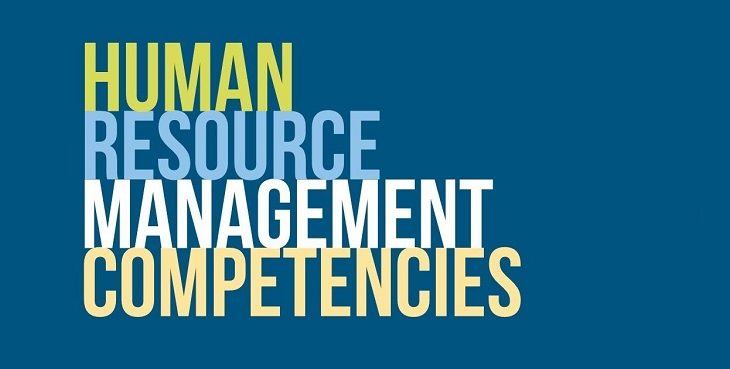The primary goal of human resource management (HRM) is to maximize workforce performance and value so as to meet the company’s business needs. Achieving this goal requires several HRM competencies within each of the human resource disciplines – recruitment and selection, training and development, workplace safety and risk management, employee relations, and compensation and benefits. The result of effective and complementary HRM functions is a strategically sound and effective human resources department.
HR Services
Services to employees – the company’s internal customers – must be efficient, accurate and timely. Services such as benefits administration and payroll processing are major components of this HRM competency because they support large-scale human resource programs such as performance management and compensation practices.
HR Strategic Partnership
Alignment between human resource goals and organizational goals happens when there exists a strategic partnership between human resource management and the company’s leadership. The HRM competency most effective in developing a strategic partnership is the ability to produce human resources metrics — or measurements — that demonstrate a return on investment in HR department activities and functions. For example, lobbying executive leadership to invest in a costly applicant tracking system to create a more efficient recruitment and selection would require justifying the expense through demonstrating a return on investment. The usual return on investment for an applicant tracking system is the reduction in the costs to hire and process new employees. Applicant tracking systems automate recruitment and selection processes that would have typically required staff time and expense. Strategic alliances are worth the time they take to build, but they require forward-thinking management principles.
HR Processes
Staying abreast of human resource best practices is an effective way to maintain HRM competencies pertaining to processes, employment trends and procedures for the delivery of services to employees and external HR customers. External HR customers include applicants, former employees, vendors and suppliers. Recruitment and selection steps, workplace investigation procedures and safety and risk management measures are among the human resources processes that comprise this HRM competency.
HR Compliance
Without human resource oversight, companies could be liable for exorbitant legal fees, penalties and fines. In addition, noncompliance with labor and employment laws can cause irreparable damage to the company’s business reputation. Compliance and audit are critical HRM competencies – human resource department staff must maintain up-to-date knowledge of federal, state and municipal employment regulations and ensure the company demonstrates a commitment to fair employment practices. Maintaining current knowledge of laws and regulations should also include the ability to determine how pending legislation can impact the human resources field and the employment landscape.
HR Development
Long-range planning for employee training and development is an HRM competency and a key component in succession planning. Succession planning prepares the current workforce for increasingly responsible roles using promotion-from-within policies. Workforce planning and development prepares the organization for projected demands for the company’s products and services. An essential HRM competency is the ability to conduct and analyze needs assessments for future workforce skills and capabilities. Looking at current employees’ skill sets and using that information to determine what type of training or employee development is necessary requires knowledge of workforce planning and delivery of training. This HRM competency helps the organization achieve or maintain a competitive edge and industry status by readying it for employment trends and the availability of workers. HR development also positions the organization to become an employer of choice through long-range planning activities that include innovative recruitment, selection and talent management. Talent management is a human resources concept that refers to the breadth and depth of human capital – also known as employee expertise – which is an employer’s most valuable resource.







